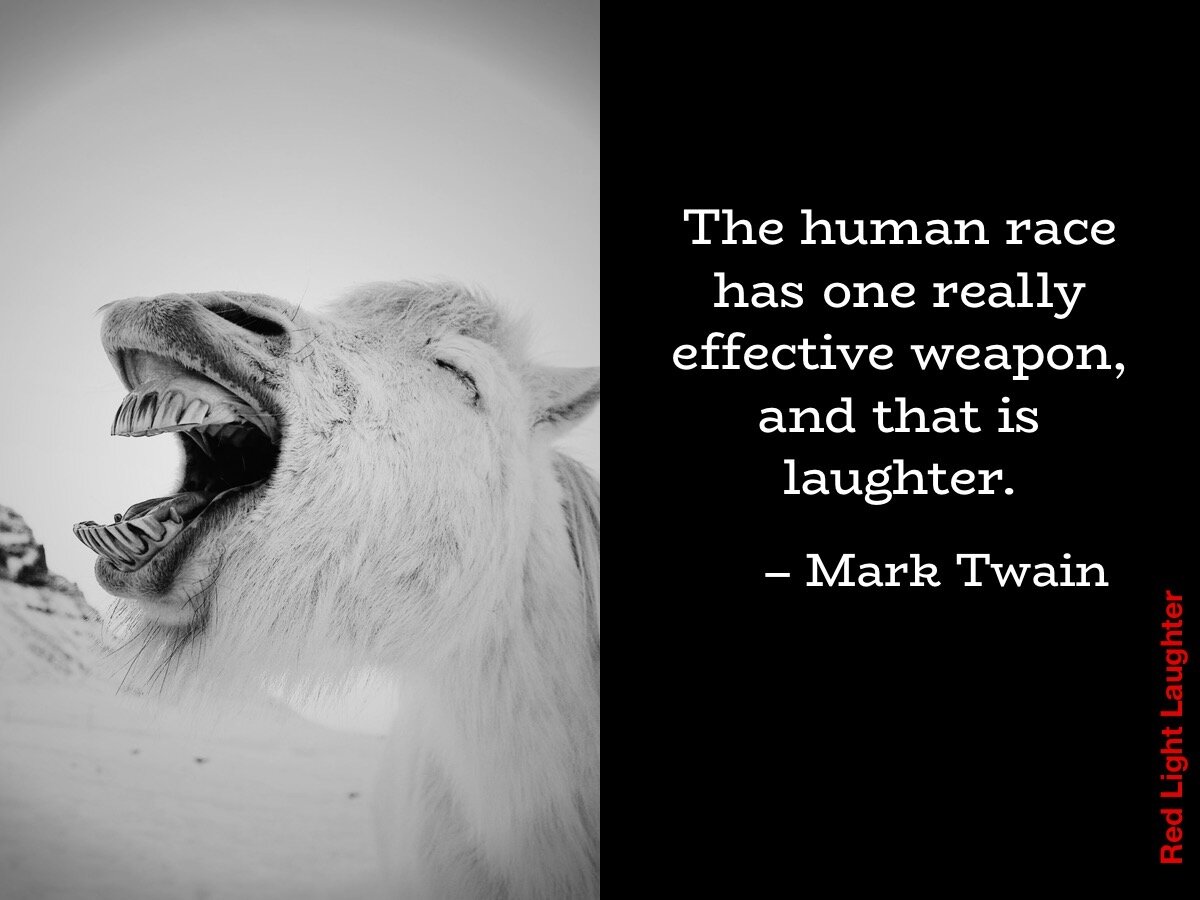A few weeks of working from home had a surprising effect on me. It wasn’t until my spouse and I had what was probably our first fight in many years that I realized how I had been relying on my commute for much of my laughter. Red light laughing wasn’t just helping to destress my commute, but was helping calm my work and home nerves as well.
It was a hard lesson, but I knew I had to laugh more while in the house. To that end, I’ve:
Laughed during meditation - specifically at the conclusion of an audible Ohmmmmhahahaha
Laughed in the shower (likely you’d laugh too if you were in there with me)
Laughed when I’ve misplaced something (last night it was my glass of water)
Continued laughing into my other foibles, mistakes, and challenges
I also took a refresher laughter class from Sebastian Gendry at Laughter Online University. After a bit more practice I’ll do some online laughter classes for neighbors and anyone else. A friend in my AATH Humor Academy is doing just that here.
And speaking of Humor Academy, the AATH conference in May was cancelled, but there will be a virtual Humor Academy the 3rd weekend of May. I’ll be sad not to see these folks live in person, but will be happy that we’re staying healthy and alive (and we’ve been laughing online all year during our monthly meetings). Email me if you’re interested in starting level 1 and I’ll e-introduce you to the person in charge.
I hope everyone stays safe and healthy. And if you really need another reason to laugh more, please read this article on the benefits of laughter to our respiratory systems.
Stay safe and keep laughing!

